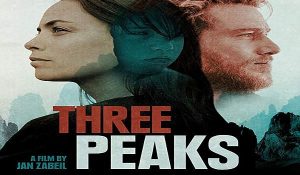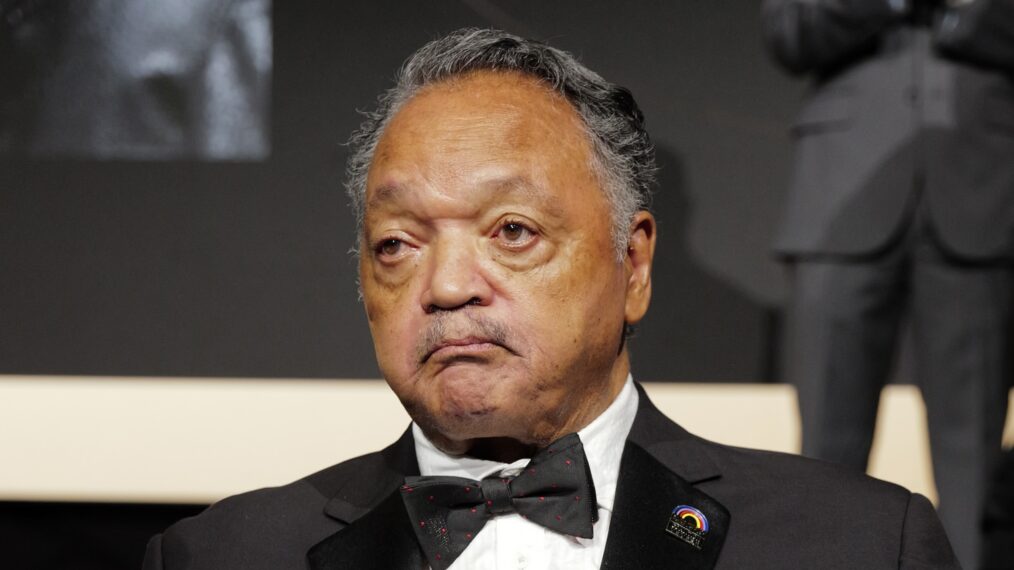(ThyBlackMan.com) Sometimes novels that start out slowly turn out to be the books you just can’t put down. Similarly, German writer/director Jan Zabeil’s story about a modern family triad gone askew isn’t easy to discard. Like a painter, he takes his time etching in figures before brushing in colors, textures and shadows that add dimension.
Lea (Bérénice Bejo, Oscar nominee for The Artist) a thirtysomething, lives with her emotionally-needy seven-year-old son Tristan (Arian Montgomery) and her man Aaron (Alexander Fehling). On the surface, they look like a traditional family. A closer look reveals that Aaron is Lea’s lover, and she is separated from her husband, Tristan’s dad.
Rarely is a surrogate father as attentive as Aaron is to his girlfriend’s son. There is no chasm in his attentiveness and outward expression of love. “There are moments when I forget that he is not my son,” he says.
Underneath the happy façade, the boy is jealous of his father figure, dotes on his real dad’s incessant phone calls and is hopeful, if not cunning, in his desire to get his parents to reunite. Tristan to his conflicted mom: “Maybe you could love Daddy again?”
A small sore in the man/child relationship festers when the trio goes to a remote cabin in the Italian Dolomites, a mountain range in northeast Italy that’s part of the Southern Limestone Alps. Here, the landscape of earth, snow and three glacier-like peaks is often shrouded in low clouds and can be difficult to navigate. Aaron prophetically—or fatefully—calls the three summits: “Father, mother, son.”
In the hands of an average writer/director, this portrait would be spiffed up with hot sex, ultra-violence, gasping danger, screaming arguments or possibly an avalanche (e.g. the drama/thriller Force Majeure). Instead, Jan Zabeil eschews the obvious and makes you wait and wait for the subtle digs to turn into life-threatening situations.
Zabeil lets his audience settle in. He dispenses just enough Disney-like moments to make you like the three characters, for different reasons. He adds a dash of ambivalence and jealousy and sprinkles on twisted teasing and malicious acts that will make you squirm. He stirs the mix as it builds to a climax that keeps you guessing and hoping.
Silence is the movie’s friend. Words are sparse. Subtext overpowers text. You have to follow the actions for clues to real intentions. The footage is far stronger this way. It doesn’t need to yell. There’s no needless exposition. Things just happen.
The lack of a musical soundtrack gives your ears a rest and each scene a stark feel. But your eyes are treated to authentic and gorgeous surroundings: The simple cabin (production designer and art direction Michael Randel); the lived-in clothes (costume design Cinzia Cioffi); the wondrous shots of the Dolomites (cinematographer Axel Schneppat, Mali Bluesdocumentary) that transport you to the scenic Alps.
Kudos to the young actor Arian Montgomery for pulling the essence of an emotionally disturbed child out of the Tristan character. There are times you want to give him a hug, and other instances where his level of selfishness and cruelty is repugnant. That effective balance of sympathy, annoyance and concern in his performance is likely due to the director’s astute and intuitive guidance. Bejo as the mom is attractive, loving, the peacemaker, and yet so blinded by her desire to make things work that she can’t see the obvious.
The surprise is Alexander Fehling, a SAG Award winner for his ensemble work on the TV series Homeland, where he played Claire Danes’ love interest. So often in these kinds of dramas, the jealous boyfriend is the villain. In this case, due to Zabeil’s perceptive and very unpredictable script, Fehling’s interpretation of Aaron brims with a love that most men couldn’t give a kid who wishes they were dead. He projects a believable warmth that is as unending as it as unwise.
Jan Zabeil, as the director, sets a tone that is consistent from beginning to end. He tells a story that has not been spun before. He ups the ante, tension, geographical beauty and nightmare frame by frame. His ability to slowly build-out his plotline to a shocking ending, shows a judicious restraint and a knack for artistry that many veteran filmmakers lack.
This isn’t your daddy’s drama/thriller. It’s a meticulously crafted film that, in its very self-disciplined way, is far stronger than movies that go for the emotional jugular from the git-go.
Written by Dwight Brown
Official website; http://DwightBrownInk.com
















Leave a Reply